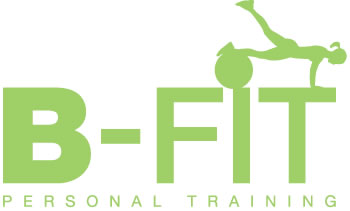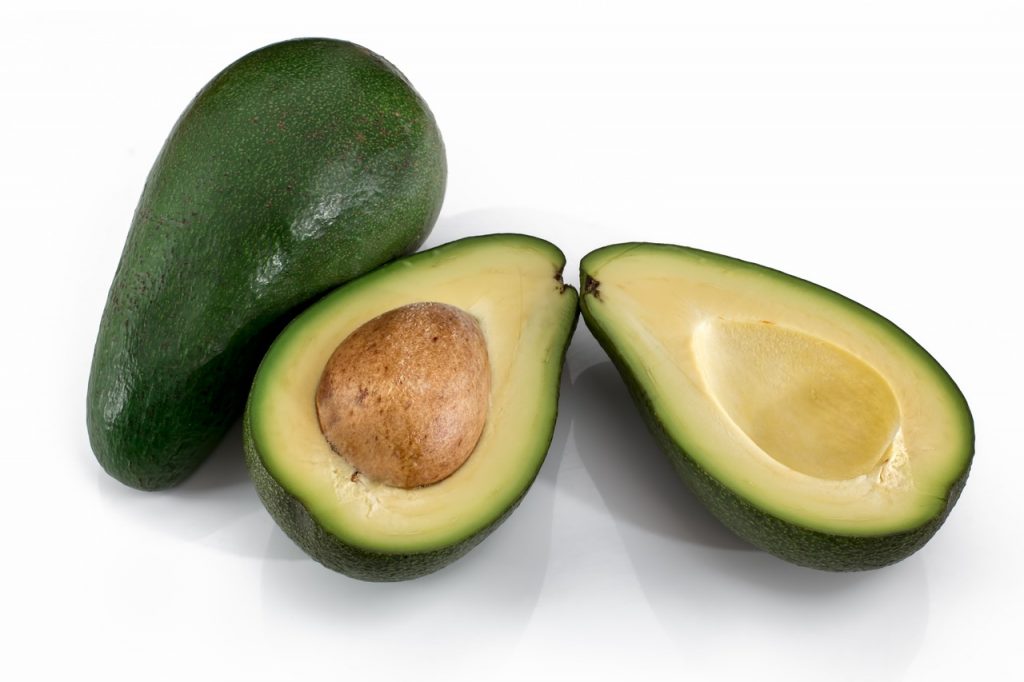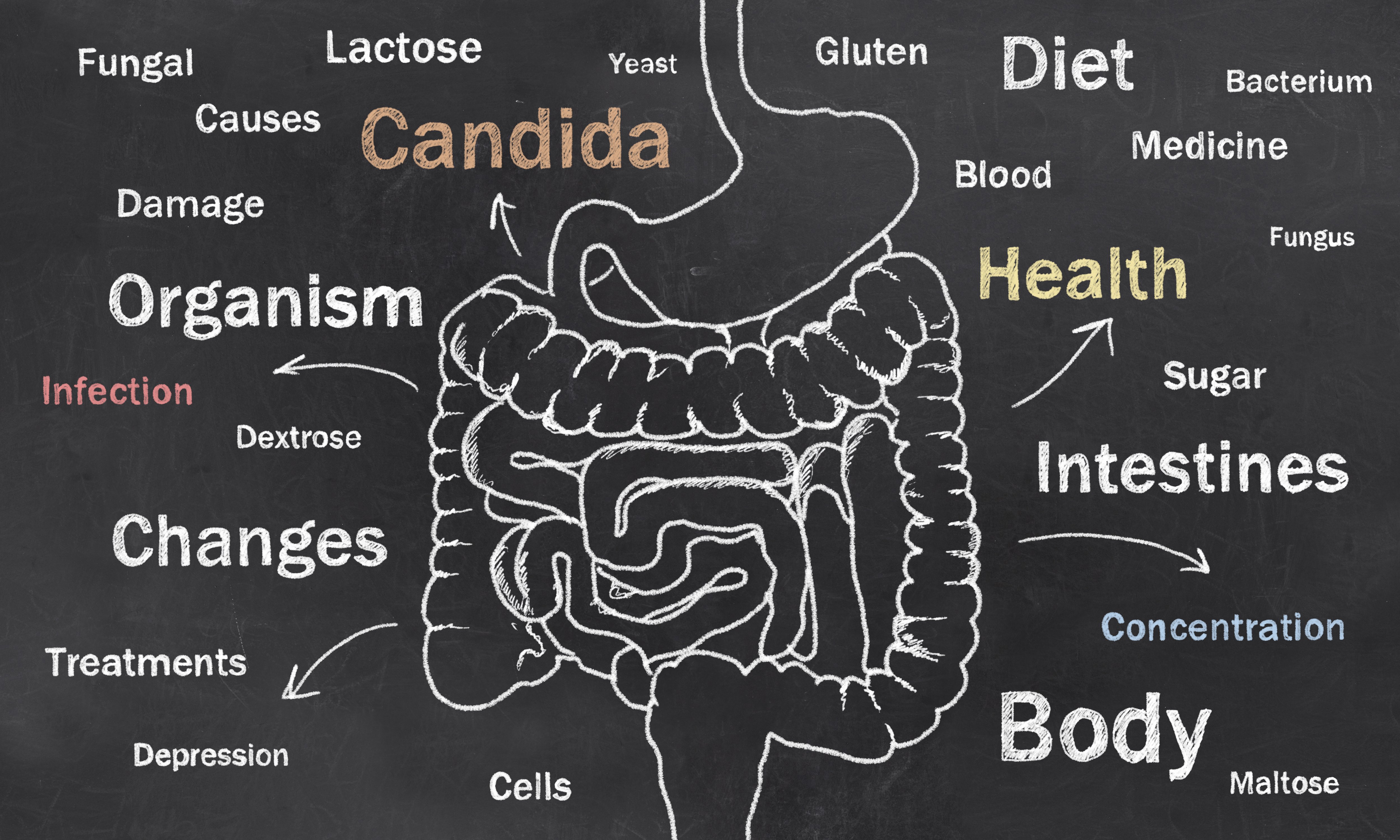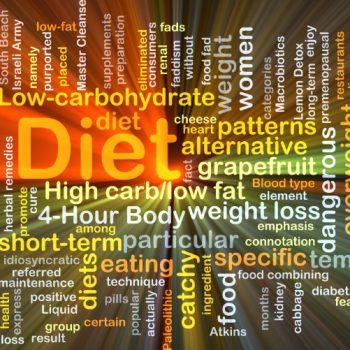In my last blog, Fat Chance — Part I, I covered how avoiding seed oils and replacing them with organic grass-fed animal fats, cold-pressed extra virgin olive oil and coconut oil was better for your body overall, because they are important for energy, organ protection, nutrient absorption, regulating body temperature and hormone health. I also mentioned how having an imbalance of omega-6 and omega-3 fatty acids can trigger inflammation within the body, as well as trans fats. What this all means is that understanding the nuances of different types of fats and their effects on health is crucial for making the most informed dietary choices. So in this blog, I’m going to share with you why healthy fats are good for you, why you should be including them your daily meals and how they can actually help you to fight the dreaded flab!!!
Why Fats Are Good
Fat is often demonised in modern dietary discussions, however it plays very crucial roles in nutrition and overall human health. Beyond being a concentrated energy source, fats facilitate various physiological functions, including the absorption of essential fat-soluble vitamins, enhancing the flavour and satiety in foods, supporting heart health and regulating the balance of blood cholesterol. That’s why understanding the multifaceted roles of fats underscores their importance in a balanced whole food eating programme that will contribute to your overall wellbeing.
One of the key functions of fats is aiding in the absorption of fat-soluble vitamins, such as vitamins A, D, E, and K. These vitamins are crucial for various bodily functions, including your vision, bone health, immune system function and antioxidant protection. Fat acts as a carrier for these vitamins, which allows them to dissolve in the digestive tract and be transported through the bloodstream to the cells and tissues that need them. Without adequate fat intake, the absorption of these vitamins will be compromised and lead to deficiencies, as well as other health issues.
For instance, vitamin D, also known as sunshine vitamin, is essential for calcium absorption and bone health, which is especially important for (peri)menopausal women. It requires fat for absorption, making dietary fat intake crucial for maintaining optimal vitamin D levels. Similarly, vitamin E, which is a potent antioxidant, protects cells from oxidative damage and supports immune function. Fat facilitates the absorption and utilisation of vitamin E, ensuring that its availability for all your various physiological processes.
Fats also contribute to the palatability and satisfaction of foods. Fat is what enhances the flavour and texture, which makes food more enjoyable and satisfying. (And it’s why the removal of fat from fat-free products needs sugar to be added to make it taste better.) From the creamy richness of an avocado to the buttery texture of a salmon steak, fats will add a sensory pleasure to your dining experience, as well as regulate your appetite, because when they’re consumed as part of a balanced diet, they contribute to reducing the likelihood of overeating. In contrast, low fat and fat-free foods compensate for the absence of fats by not only adding sugar, but also iodised salt and other artificial additives to enhance the flavour, as I mentioned above). All these toxic chemicals will eventually cause adverse effects on your health in the long term.
In addition, healthy fats, such as those found in nuts, seeds, avocados and oily fish, have been associated with numerous cardiovascular benefits. These help to lower LDL cholesterol levels, reduce inflammation and improve blood vessel function, thereby reducing the risk of heart disease and stroke. And fats play a role in supporting gut health and nutrient absorption beyond fat-soluble vitamins. Your intestinal lining, like your brain membranes, needs a healthy balance of fats to maintain its integrity and function effectively.
So overall, dietary fat is beneficial for the body for:
Absorption of Vitamins — Fats help your body to absorb important fat-soluble vitamins like A, D, E and K.
Flavour and Satisfaction — Fats make foods taste good and contribute to a feeling of fullness after eating.
Heart Health — Consuming healthy fats can have a positive impact on your heart health by supporting blood pressure and gut health.
Cholesterol Balance — While saturated fats can raise ‘bad’ LDL cholesterol, consuming good saturated fats can help maintain this balance and support your overall health. For instance, coconut oil is a good saturated fat, because it contains a high content of lauric acid, which has been associated with health benefits, such reducing risk of heart disease, and increasing levels of good HDL cholesterol. However, it’s essential to use coconut oil, like any fat, in moderation.
Good Fat Options
Healthy alternatives to toxic seed oils like rapeseed include:
Extra Virgin Olive Oil
Rich in both mono- and polyunsaturated fats, cold pressed extra virgin olive oil has long been associated with various health benefits like heart health and anti-inflammatory properties. It’s widely used in southern European countries as part of a healthy Mediterranean diet. Cold pressed extra virgin olive oil is suitable for drizzling over salads and cooked foods, although it is not great for high heat cooking, due to its unstable nature.
Avocado Oil
Extracted from fresh avocado pulp, which contains up to 25% fat, refined avocado oil boasts the highest smoke point among all plant-based cooking oils. Rich in monounsaturated fat, particularly oleic acid, avocado oil is renowned for its cardiovascular benefits owing to its molecular structure and it offers stability that’s superior to the polyunsaturated fats typically present in other vegetable oils. Avocado oil also serves as a source of omega-9 fatty acids, the anti-inflammatory antioxidant vitamin E and lutein, which supports vision. Optimal benefits are obtained from consuming avocado oil in its raw, cold-pressed form, while it can also be use to alleviate dry skin and contribute to overall skincare routines.
Coconut Oil
Known for its high saturated fat content, coconut oil is a versatile option for cooking and baking, due to its high smoke point and stability at high temperatures. Coconut oil also has a unique taste and versatility, which can be used in both sweet and savoury recipes, and it is rich in medium-chain triglycerides (MCTs), which have been recorded as possibly helping you to lose weight.
Organic Grass-fed Dairy
Full-fat whole dairy products from organic and grass-fed animals, such as butter, ghee (clarified butter), cream and whole milk, are rich sources of saturated fats (use these sparingly, as they are acidic). My preference is to choose fermented dairy products like yogurt, kefir and cheese, which all have potential heart health benefits.
Dripping
This is an old school fat derived from beef that your grandma would have used in her cooking as standard. It is a source of saturated fats and essential nutrients that can be used in various cooking methods, including frying and roasting, due to its high smoke point. Make sure that you only use the dripping from grass-fed organic beef though. Otherwise, there will be synthetic hormones, GMO and pesticides in your dripping.
Palm Oil
Although it is controversial, due to environmental concerns, palm oil is another source of saturated fats that has been commonly used in cooking in Africa and Southeast Asia for centuries, much like coconut oil. The main controversy about this oil is a result of the deforestation of rainforests used to create palm plantations and the fact that it is now mainly used in processed food products. However, unrefined red palm oil from a sustainable source can be used as a source of good saturated fat.
Organic Grass-fed Meat
If you’re a meat eater, red meats like beef, lamb and pork are high in saturated fats, although leaner cuts and some mince have a lower saturated fat content. Make sure that you’re getting the right saturated fat, though, without hormones being injected or pesticides from the feed, by eating only organic and grass-fed meats.
Incorporating the above sources of good fats into your overall eating regime (in moderation, of course) will ensure that you have a balanced intake of healthy fats — and you never need fear the outdated beliefs surrounding this subject. Fat is a great aid in keeping your body healthy — and trim — especially when you know which fats to put on your plate.
Love, Gaynor x





